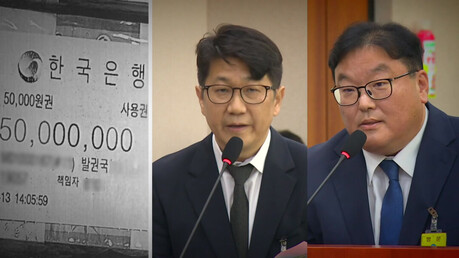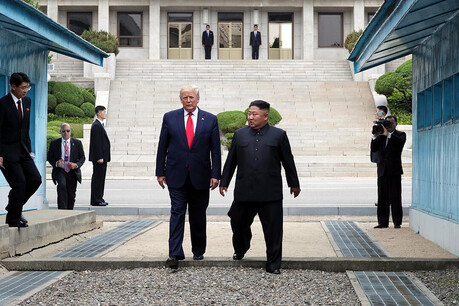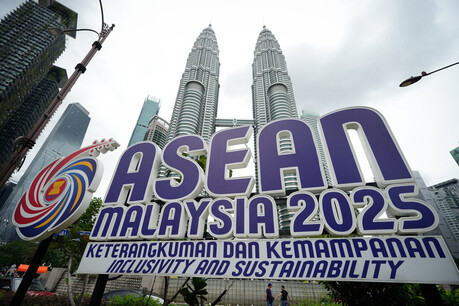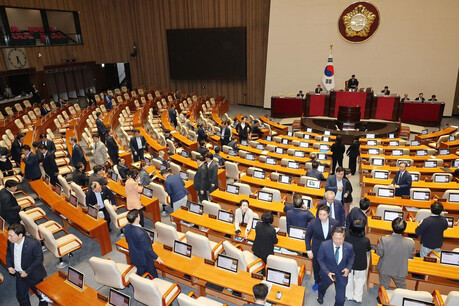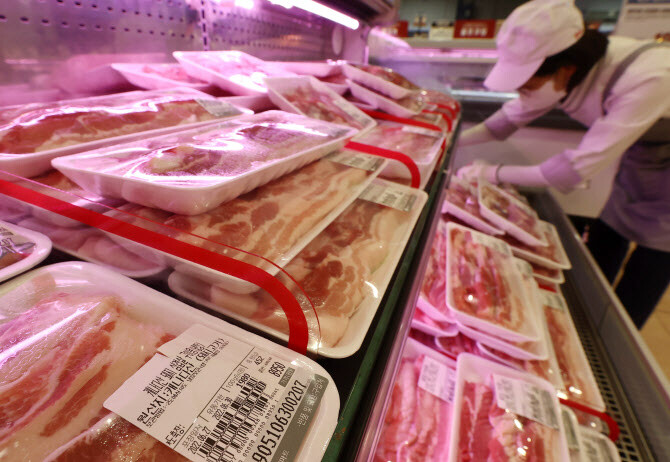
Seoul, South Korea – South Korea is making significant strides towards a more sustainable livestock industry with the expansion of its low-carbon livestock certification program. Initially piloted with beef cattle in 2022, the program has now been extended to include pork and dairy farms, with a total of 162 farms nationwide receiving certification.
The certification program recognizes farms that have adopted low-carbon technologies and reduced their greenhouse gas emissions by at least 10% compared to the industry average. Certified farms not only contribute to carbon reduction but also achieve improvements in energy efficiency and odor control.
Rigorous Certification Process
To qualify for certification, farms must meet stringent criteria. These include obtaining prior certifications such as clean farm, grazing farm, eco-friendly farm, animal welfare farm, HACCP, organic livestock, and antibiotic-free livestock. Farms must also meet certain scale requirements, such as a minimum number of livestock or a specific level of milk production.
To achieve certification, farms must implement various carbon reduction technologies, including feed management, manure management, energy-saving technologies, and other practices. These technologies can range from feeding low-methane and low-nitrogen feeds to improving production efficiency through the use of advanced equipment.
Significant Emissions Reductions
The program has already yielded impressive results. The top five beef cattle farms certified in 2022 achieved a 17.2% reduction in greenhouse gas emissions compared to the industry average. In total, the certified beef cattle farms reduced emissions by 588 tons in 2022. Similarly, certified pork and dairy farms achieved reductions of 29% and 18%, respectively.
Challenges and Future Plans
While the program has shown promising results, there are challenges that need to be addressed. One concern is the increased costs for farmers to meet the certification requirements. Additionally, ensuring that consumers are willing to pay a premium for low-carbon products is another challenge.
To address these issues, the government is working to expand market access for certified products and provide financial support to farmers. The Ministry of Agriculture, Food and Rural Affairs plans to increase the number of certified farms to 221 by the end of the year.
"Consumers can identify certified farms through the green 'low-carbon' certification mark," said Kim Jeong-wook, Director-General of Livestock Policy at the Ministry of Agriculture, Food and Rural Affairs.
Industry Perspectives
Kim Moon-seok, the owner of Jungwoo Farm, one of the first certified beef farms, emphasized the need for comprehensive support. "To shorten the rearing period and improve feed efficiency, genetic improvement is crucial. Therefore, comprehensive support is essential," he said.
Overall, the expansion of South Korea's low-carbon livestock certification program is a significant step towards a more sustainable and environmentally friendly agriculture sector. By recognizing and rewarding farmers who adopt low-carbon practices, the government aims to encourage widespread adoption of sustainable farming methods and reduce the livestock industry's environmental impact.
[Copyright (c) Global Economic Times. All Rights Reserved.]
















